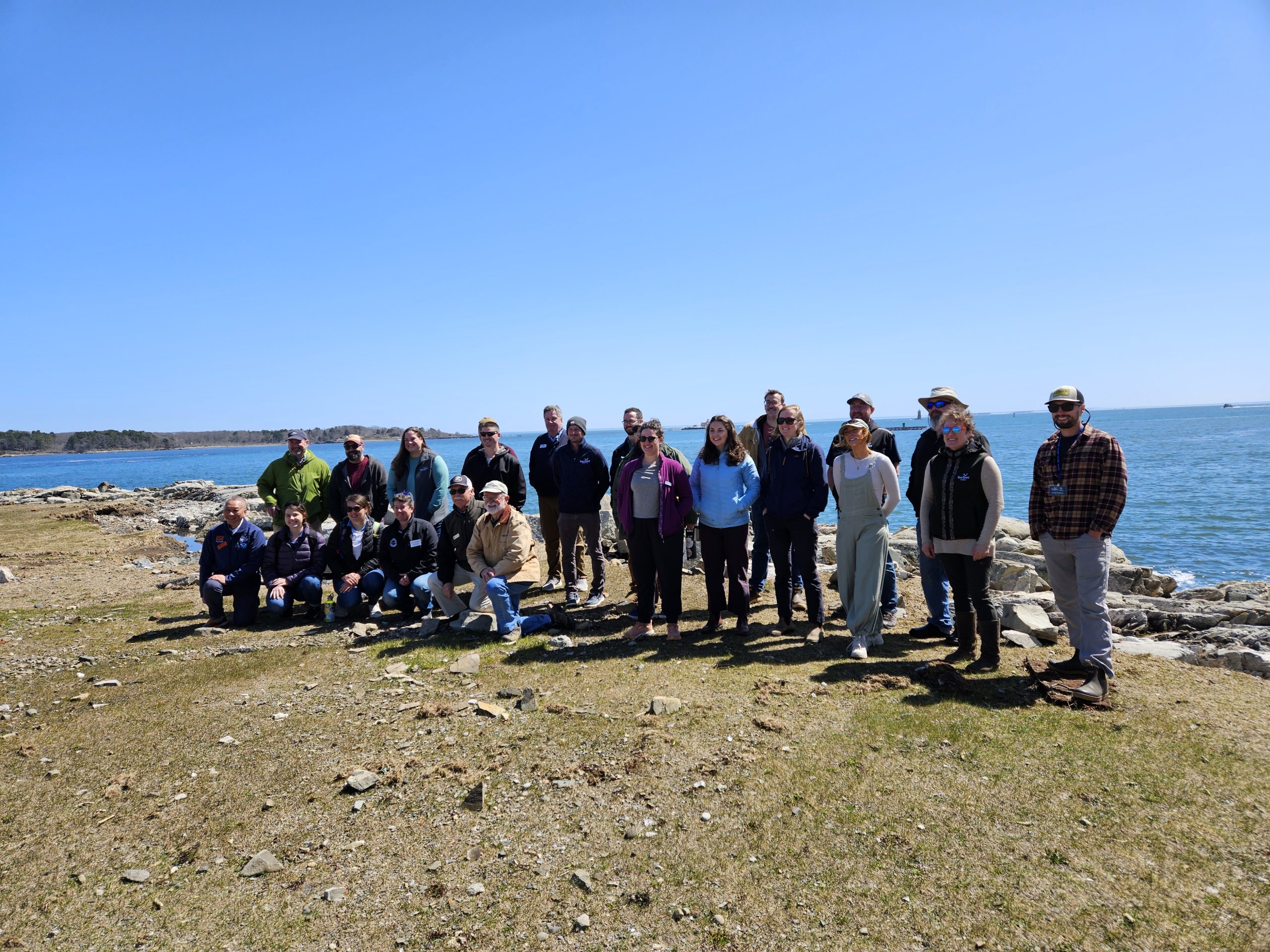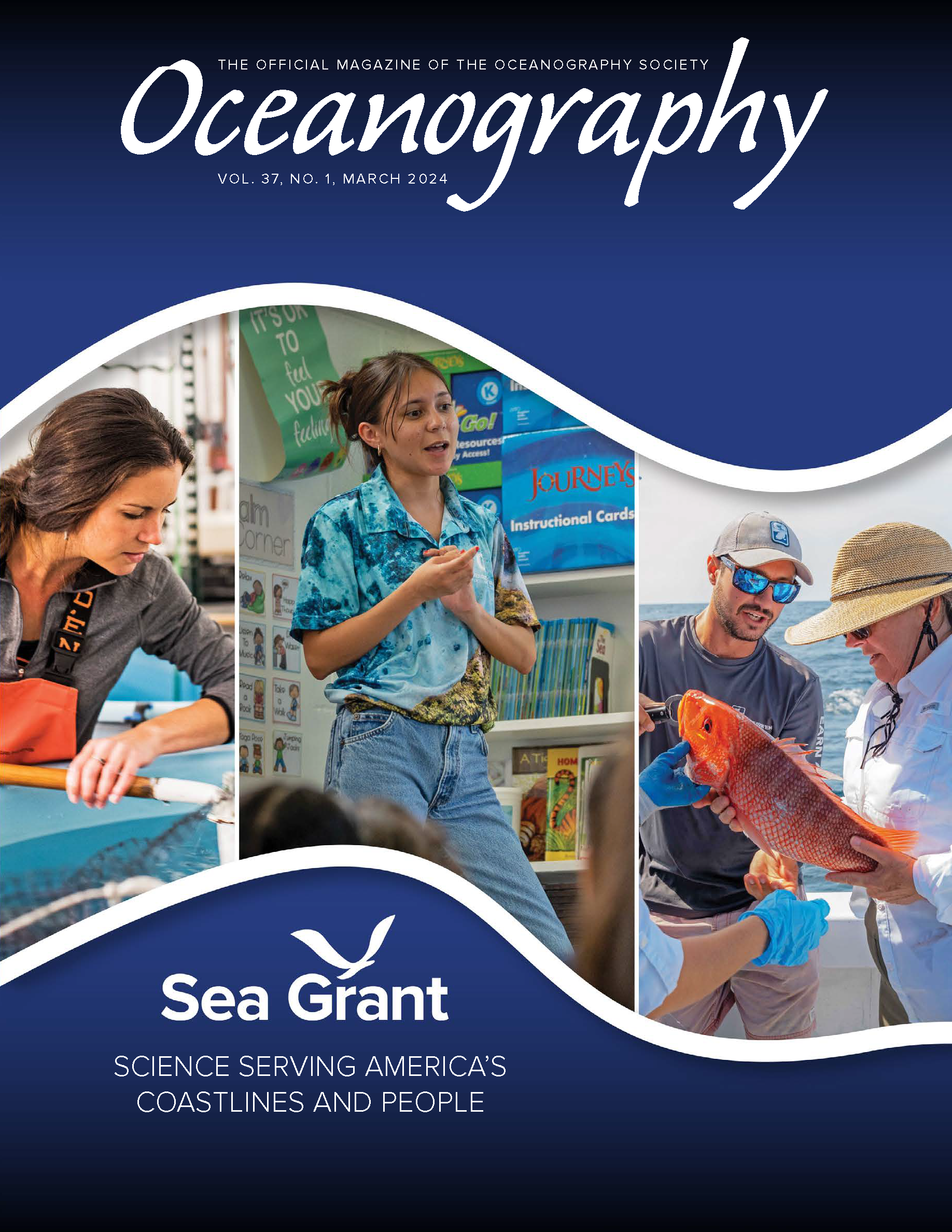If someone told me a year back that I’d roll out of bed, wear formal clothing I’d never owned previously, and walk into work (with my own desk and everything), I would have laughed my loudest! Prior to 2019 I was the typical graduate student, living the lab life in my jeans and sneakers, and never having heard of the Knauss Fellowship. How did I end up here?
In October of 2017 I attended an info session on science policy fellowships at Soil Science Society of America’s annual conference, though to be honest I went there for the free meal. Aside from feasting on the delicious meal, I learned about fellowships that place scientists in offices of Congress (or in an executive agency) for a year. Unfortunately, a majority of these were open for US citizens and permanent citizens only, so I was not eligible.
Months later, when I had mostly cached the information about the policy fellowships, an email about the Knauss Fellowship brought back the memory of the free dinner: It is a fellowship that places graduate students, regardless of citizenship, in congressional or federal offices in Washington DC, to work on ‘ocean resources and the national policy decisions affecting them’.
When I looked up Sea Grant and the Knauss Fellowship, I found out that the deadline was only 12 days away and I had to rush to apply. Luckily, when I surprised my adviser by dropping the news that I wanted to apply and needed a letter of recommendation so quickly, she was supportive of my efforts. After a few sleepless nights and a two hour, rainy, train ride for a three hour interview with New Jersey Sea Grant, my application process was complete.
I convinced myself that there was no way I would get this competitive fellowship so I’d forgotten all about it when I received an email from New Jersey Sea Grant congratulating me on being a finalist. Fast forward to placement week in December, which came with all sorts of excitement, including a cancelled flight, a frantic week, and seventeen interviews. At the end of the placement process, I suddenly had a job in Congresswoman Tulsi Gabbard’s office.
Every day is a learning day here. The first month was focused on learning the terminology and processes at congress, including how issues and bills move in the House of Representatives. Constituent meetings are a big part of our life in a congressional office, and I meet with constituents advocating (or seeking help) about the environment, oceans, STEM, and some natural resources.. Events like informative (and cool) briefings (like the one about the black hole image), seminars, and social receptions fill up my work-week calendar.
The power that comes with being the environmental expert in a decision-making landscape, where no one refutes my opinion or decision is an incredible feeling (with great power comes great responsibility). Through people I meet and connections I make here, I’m learning more about working in science policy after I graduate next year and hoping to translate this opportunity into a full-time job.
Going into graduate school, most graduate students tend to believe that after graduation they must work for the norm is to work for the industry or continue in academia. The whole dimension of policy (science or otherwise), both in the for-profit and nonprofit world is rarely looked upon as a career option for scientists. I’ve educated numerous others about how valuable scientists can be in the political workspace.
I hope my story sets an example for many others like me who’d like to work in science policy, but shy away from their passion (even passions discovered because of a free meal) in fear of doors closing for one reason or another, including because of their citizenship status.


